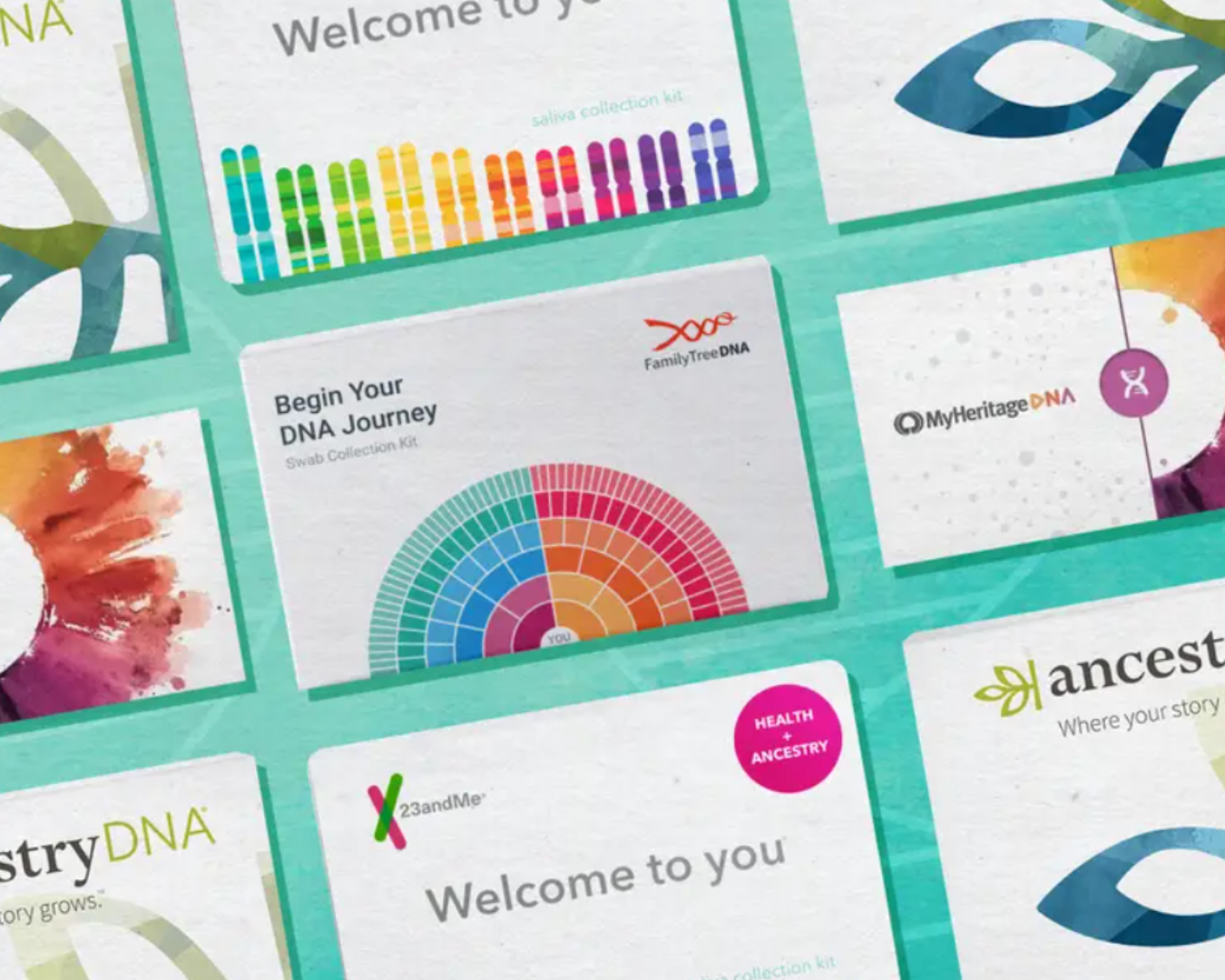Genetic Anonymity Is Over: Why Restoring Equality To Adoptees Is More Critical Than Ever
Written by Mothers of Adoption Loss at Concerned United Birth Parents
The consumer DNA industry has brought an end to the era of genetic and adoption secrecy. The irony is that it has also created a very public way to identify relatives. When we listen to adult adoptees they tell us they feel forced to use consumer DNA to circumvent discriminatory policy that denies them their original birth certificates. They tell us if they had their original birth certificates, they could initiate private and direct communication which is what we prefer too.

